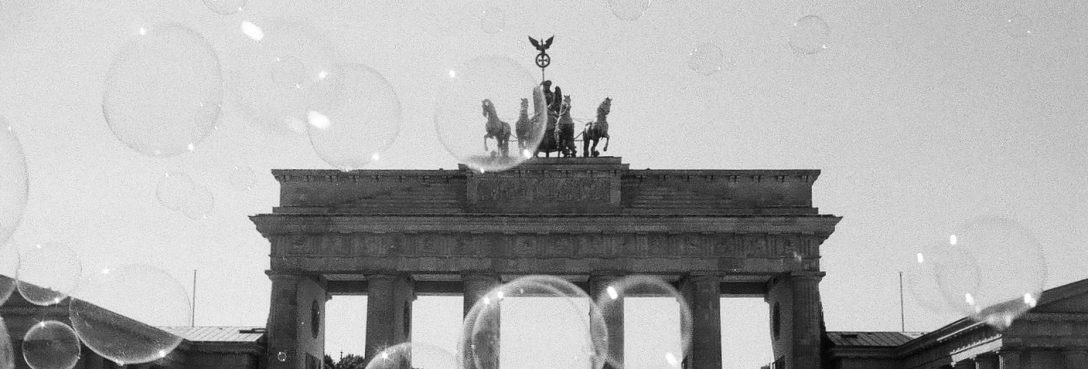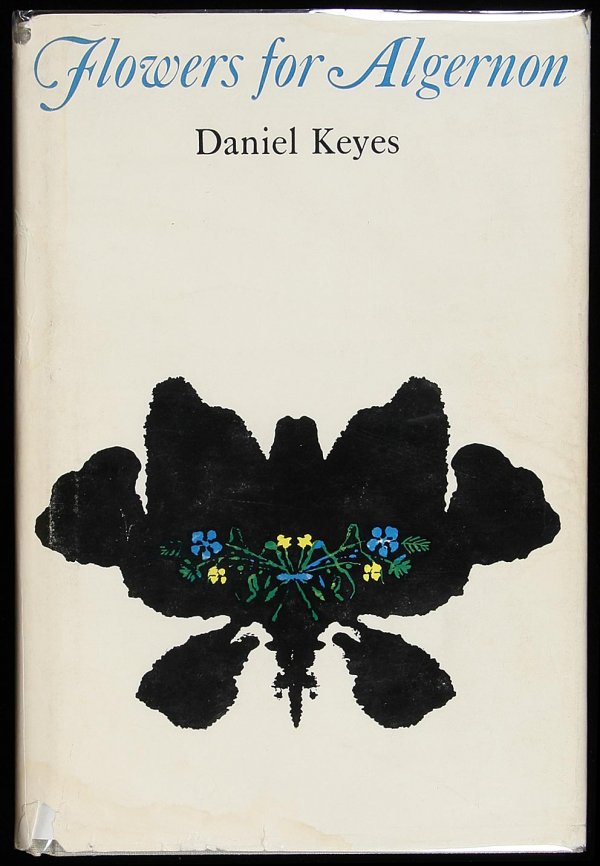
This is a difficult work due to its philosophical translation of foreign, Eastern thought into perplexing English. With an aura of dissertation-feel, the language is specialized and, albeit, inaccessible. The book is split into four unequal parts: (1) Introduction, (2) Haan, (3) Han, and (4) Haan and Han. The introduction parses the difference between the psychological Haan (or Han in other Korean Minjung theologies) of being ‘sinned against’ and the philosophical Han (or Hahn) of harmony in ‘one-as-many and many-as-one.’ Son traces the historical roots and explicates the outcome of each term. In its conclusion, he states that Haan is the psychological distress of dissonance whereas Han is the creative, synthesizing force of harmony–resolving Haan.
If one can bear the baffling wordings, the text can be quite illuminating. So, tread slowly and patiently.









